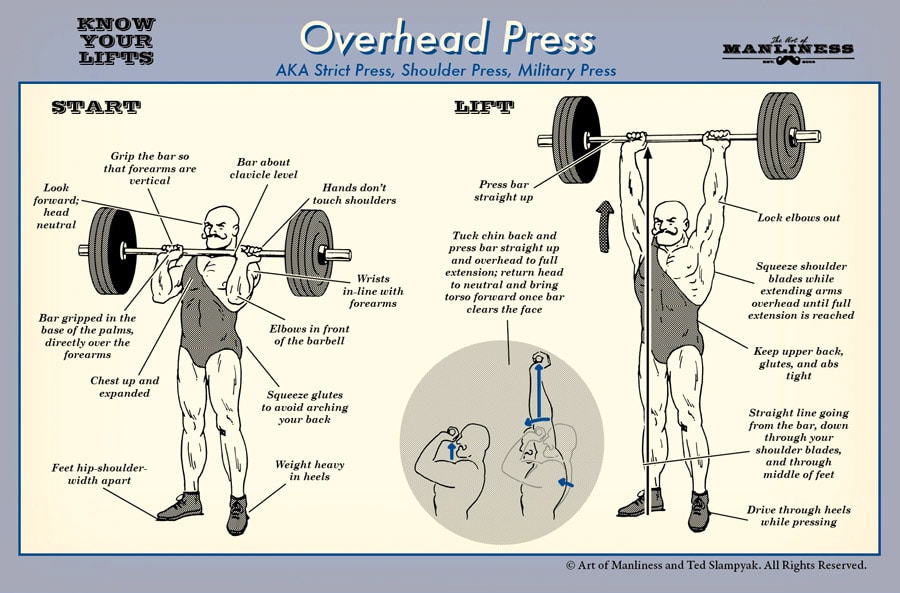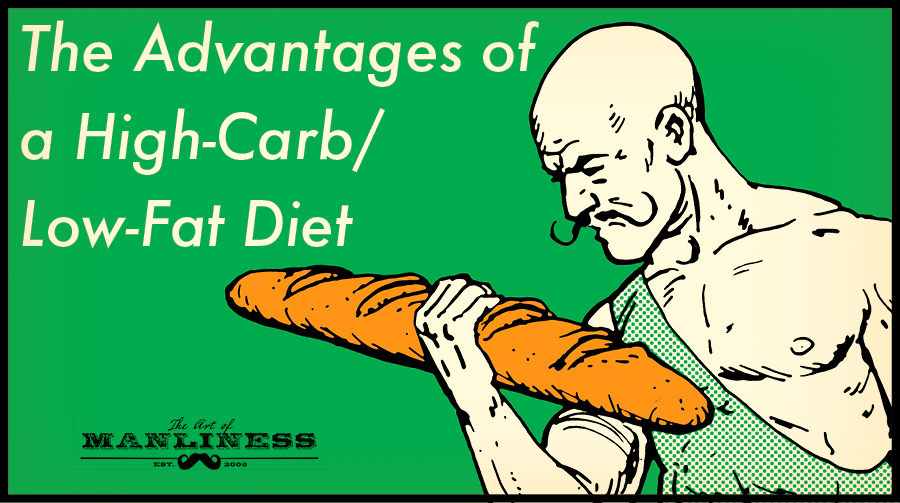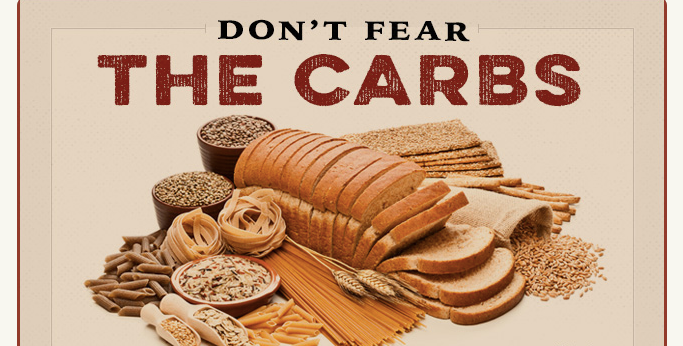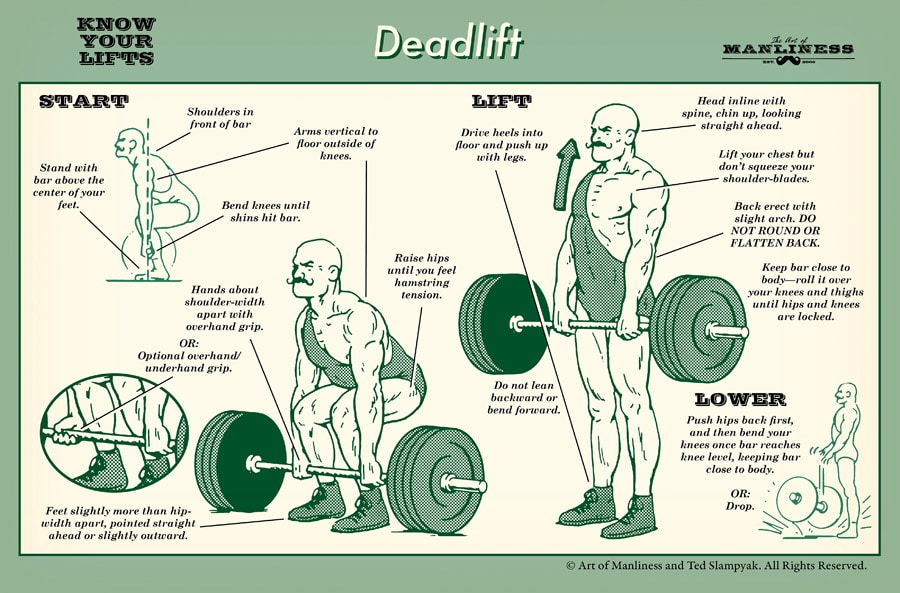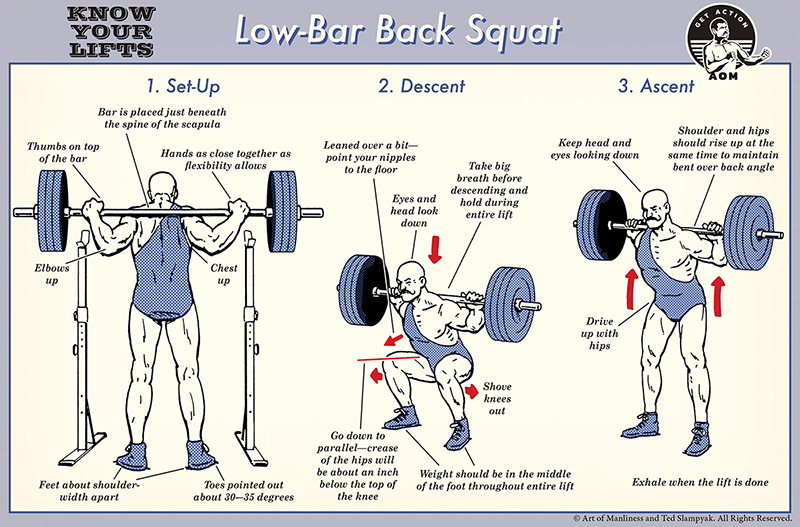
Maybe this describes you.
You’ve got skinny arms, skinny legs, hardly any pecs . . . and a belly. It might not be a big belly, but it’s a soft, doughy paunch nonetheless.
You look kinda skinny, but also kinda fat.
You’re skinny fat.
What Is Skinny Fat?
Skinny fat dudes have a normal body mass index (BMI).
But, as has often been observed, BMI doesn’t tell the whole story.
BMI doesn’t differentiate between muscle mass and body fat. So if a guy has low muscle mass combined with average-to-slightly-above-average amounts of fat, their BMI will be reported as normal. Skinny fat guys are walking around thinking they’re healthy. Nonetheless, as we’ll see here in a bit, a skinny fat person might have all the health issues typical of the obese.
The underlying issue of skinny fat dudes is that they lack substantial muscle mass AND have average amounts of fat (which, in men, gathers primarily around the waist).
The Biggest Problem With Being Skinny Fat
The biggest problem with being skinny fat is that it can deceive you that you’re perfectly healthy when you’re actually not.
A skinny fat person has a low muscle-to-fat ratio, and muscle helps your metabolic health by doing things like clearing glucose from the blood.
So if you’re skinny fat, you may not look fat, but you likely have all the same health issues an obese person would have, like type 2 diabetes, high blood pressure, and high cholesterol. This is why obesity researchers often call skinny fat “normal weight obesity”; a skinny fat person has a normal weight and BMI, but when you look at other markers of obesity like insulin and blood pressure, they’re essentially obese.
What can make being skinny fat even more of a health hazard is that the fat that a skinny fat guy accumulates is often visceral fat. Visceral fat is a fat that lies deep in the body and grows primarily around our internal organs like the liver, colon, and pancreas. Visceral fat makes and releases proteins that inflame your body and constrict blood vessels, contributing to maladies like diabetes and cardiovascular disease. So visceral fat is no bueno.
So your health is the biggest issue with being skinny fat. But it’s also just not a great look.
You’ve got chicken legs and scrawny arms with a belly to boot. When you wear a t-shirt, your arms don’t fill out the sleeves, but you’ve also got a pooch showing through your midsection.
Doesn’t inspire thumos.
How to Stop Being Skinny Fat
When most guys try to stop being skinny fat, they work on not being fat first. They’ll reduce calories and do lots and lots of cardio.
But this will just make you skinny.
Remember, skinny fat is caused by a lack of muscle mass combined with average-to-slightly-above-average body fat.
Instead of focusing on being less fat, focus on being less skinny by increasing your muscle mass.
How do you increase your muscle mass? Two ways: 1) strength training, and 2) nutrition.
Strength Training
If you want to stop being skinny fat, you’ve got to strength train consistently for months.
Compound barbell lifts like the squat, bench press, shoulder press, and deadlift will give you the most bang for your buck when it comes to strength and muscle gains.
If barbell training isn’t your thing, you’ve got other options. Bodyweight exercises, dumbbell routines, and resistance bands all provide muscle-boosting benefits.
Strength training works, but you have to do it consistently for a long time. Don’t expect to see a drastic decline in your skinny fatness in just a few weeks of strength training. Expect it to take a few months. It seems like a lot of guys who are trying not to be skinny fat give up on their training after just a few weeks. Don’t do this! Keep going. Be consistent, and the results will come.
As you increase your muscle mass through strength training, you’ll create a virtuous cycle that will allow you to increase muscle mass while reducing body fat at the same time. As you increase muscle mass through strength training, you’ll burn more calories even while resting because muscle mass is more metabolically active than fat.
For cardio, include some HIIT training once or twice a week. Walk as much as you’d like. Walking is great cardio and excellent for recovering from strength-training sessions. To boost the calorie burn of your walking further, put on a weighted backpack or carry small dumbbells, Heavy Hands style.
Nutrition
Nutrition plays an important role in body recomposition.
When you’re first starting out in your quest to eliminate body fat, keep it simple because the simpler you keep your nutrition, the more likely you are to stick with your nutrition plan.
Aim to get at least one gram of protein per pound of body weight. Your body will need that protein to help increase muscle mass.
Beyond the protein metric, aim to eat a well-balanced diet with plenty of fruits and veggies and carbs like oatmeal. Get some good fats that can be found in things like olive oil and avocados.
Avoid sugary drinks and refined carbs like donuts and cookies.
You shouldn’t feel starved during the day, and you shouldn’t feel stuffed.
If you’re looking for more advanced or specific ways to approach nutrition, see our article on how to track your macros and how to lose weight.
After several weeks or a few months of consistent strength training and good eating, you’ll start to notice more muscle and less belly. Instead of being skinny fat, you’ll look and feel more like a solid, all-around healthy dude.



